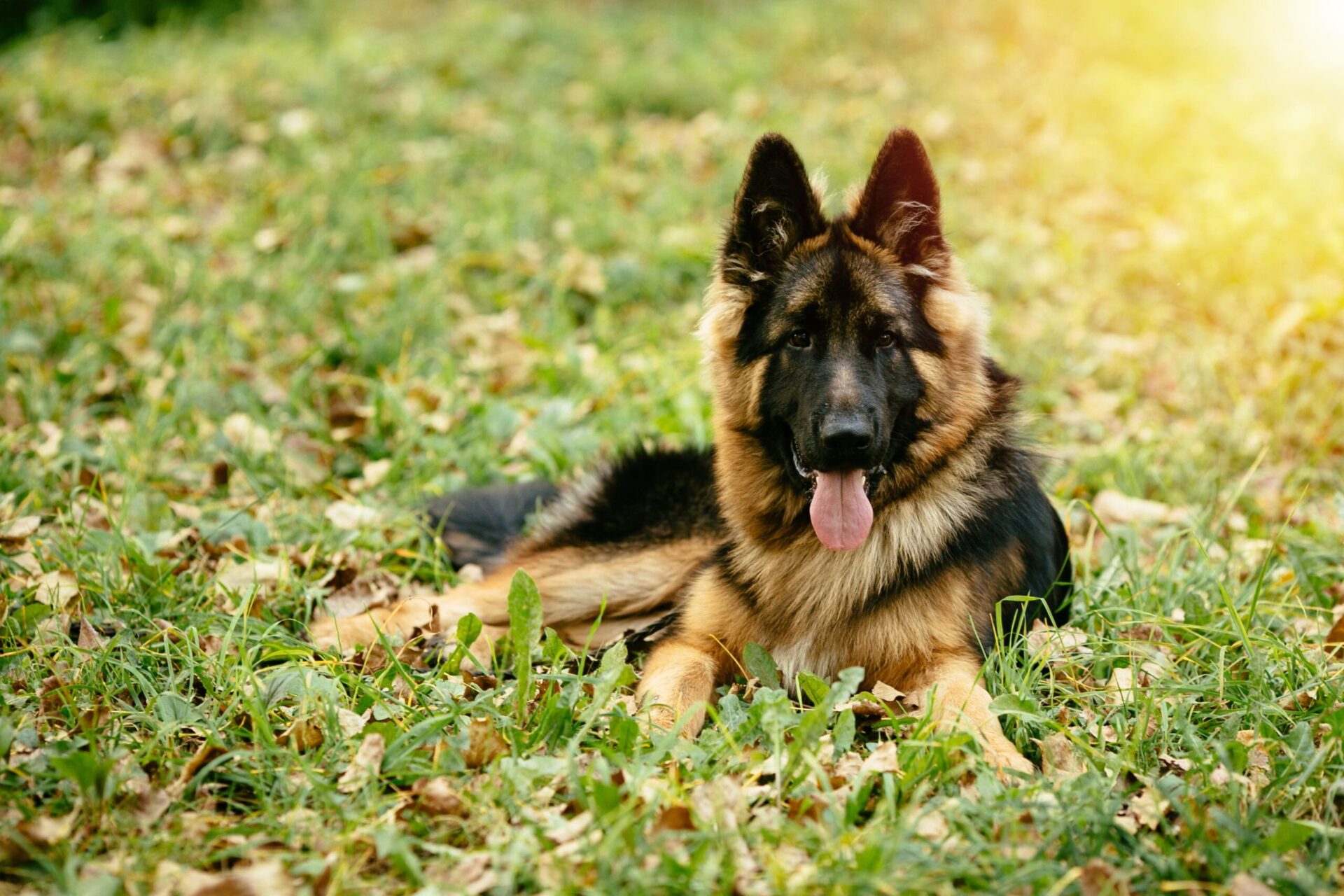Introduction
German Shepherds are some of the world’s most beloved breeds due to outstanding features, characteristics, and versatility. Be it that you have planned on getting a German Shepherd or already have one by your side, knowledge of their traits will take you a long way to ensure that you both lead an upbeat, happy healthy life together.
Lifespan
Generally, the German Shepherd averages a lifespan of 9 to 13 years, with survival being very much determined by genetics, diet, exercise, and good veterinary care.
Weight
German Shepherds are muscular dogs with a substantial weight range:
- Males: 65 to 90 pounds (29 to 41 kg)
- Females: 50 to 70 pounds (23 to 32 kg)
The weight may vary depending on factors like age, diet, and level of activity. It is crucial to have an ideal weight because excessive weight can cause obesity-related issues.
Size and Appearance
German Shepherds are tall, athletic-looking dogs. Typically, they are able to stand:
- Males: 24 to 26 inches (60 to 65 cm) at the shoulder
- Females: 22 to 24 inches (55 to 60 cm)
Coat: Their thick double coat may be black and tan, sable, or all-black.
Temperament
Their loyalty and bravery make German Shepherds often used as police and service dogs. German Shepherds are intelligent and trainable, so it makes them an excellent friend. They would be protective of their families, and they do not usually trust other people. Proper socialization has to be done right away.
Health Concerns
With any breed, German Shepherds can suffer from specific health problems. Some of these may include:
- Hip Dysplasia: This is a hereditary disorder that affects the hip joint.
- Elbow Dysplasia: It is similar to hip dysplasia, but is a genetic condition that occurs in the elbow.
- Degenerative Myelopathy: This is an ongoing disease of the spinal cord. The disease progresses slowly but can be managed with proper check-ups and a proper diet.
Exercise and activity needs are as follows:
German Shepherds are high-energy dogs that really need to exercise daily to be truly healthy and happy. Besides that, long walks, runs, and playtime are necessary for them. Engaging their minds with training and puzzle toys can also be done.

